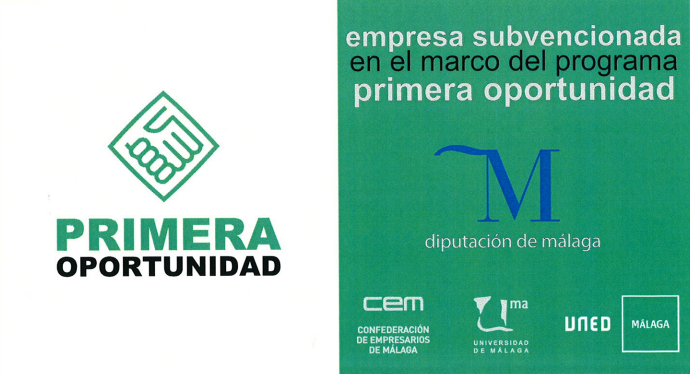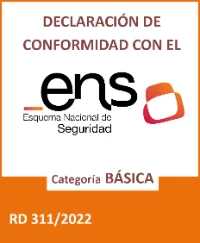Business Plan
How to make a Business Plan for our company was the topic we discussed last week on the blog, this week we will go into it in more depth and start with the Market research.
After the presentations on the Business PlanI can introduce you to one of the most vital parts of making both this Business Planas well as other types of plans throughout the life of a company (Marketing Plan, Strategic Plan, Action Plan, Franchise Plan...) and this is the so-called Market researchwhich involves the detailed study of both direct (survey) and indirectly (trends in the sector) of the the company's target audience.
With the Market researchalso called Market Analysis or Market ResearchWe can understand very accurately the behaviour of our customer when making a purchase decision, and this will enable us to know what to offer and how to offer it, which means that we can answer the following questions:
- What does the customer want to buy?
- How do you want to buy it?
- How much would you be willing to pay?
- How can I let him know that I am selling what he wants?
These 4 questions are basic to all market research when analysing the sale of a product or service, although we are not always going to find direct answers to them, but we can ask other types of questions that can lead us to clarify those that have not been able to be formulated.
Now, how do we formulate and begin to approach a Market research?
First of all, we need to know what is OUR TARGETi.e, what information we want to obtain of this. We may want to know if a new product or service that we have launched is accepted by the population, or we may want to scrutinise the population and find out how it behaves when consuming our product or service, or simply to find out the level of satisfaction with our product/service/company.
Once we have the final objective to be achieved, we must consider how we want to carry out the study, i.e. how, when, where and to whom we are going to focus this study.
- How? How do we want to conduct the study: face-to-face, telephone, online, individual interviews, focus groups, user panels or surveys of a sample of the population? In most cases, this will depend on our budget and the time horizon we want to set for obtaining the results.
People are reluctant to give their opinion to anyone without prior contact, so it is often necessary to try to compensate the interviewee or find an original way to get their response, this will always depend on the type of market research. For example, there are consumer panels that are paid.
- When? When we go to conduct research, this question is twofold:
- How long will my study last? It is not the same to carry out a one-off study that takes up a limited period of time (1 week, 1 month, 1 quarter...) as it is to carry out a study that has a continuity over time, and that will feed our results from time to time.
- At what time are we going to carry it out? It is not the same to carry out market research on sun and beach tourism in summer as in winter (this will lead us to where?) or to carry out a study on the satisfaction of consumers of a certain brand of coffee at night, since this time is normally far from its consumption.
For these two reasons, it is very necessary to take into account the time frame, both in terms of duration as well as in terms of carrying out the study, as these can have a significant influence on the study. It will be necessary to adapt the study to the consumption habits of our product or service.
- Where? As with the When, the Where is very important. is very important. The place where the study is carried out is key, for different reasons, which I will explain with examples:
- It is not the same to carry out a market study on consumer satisfaction with a brand of popcorn in a cinema as it is at the door of a clothes shop. It will be necessary to try to adapt the research to the consumption habit in which the products/services/business to be analysed operate.
- We will not obtain the same results if we carry out street surveys on cultural tourism every day in the same place in Malaga City as if the surveyors alternatively change sampling points.
- Nor will we obtain the same results if the place where the research is carried out is uncomfortable for our public or not; it is not the same to approach the public on the street as to do it in a place that is more comfortable for them.
- To whom? All of the above questions lead to the confluence of this last question, "To whom", we must always know which audience to target. It is very important in order to obtain satisfactory and clarifying results (whether positive or negative) to know at all times which audience to target. We cannot carry out a study on the use of lipstick on men, as can be seen naturally, but we must also focus our target on the same gender, as it is not the same to ask women of different age groups about a lip gloss or the colour of the lipstick.
Once we have resolved all these questions, we can focus on the other aspects of our Market researchwhich will be discussed in future articles.
We hope this article has been useful to you, and as you know, if you have any questions about it, you only have to contact us through our website or RR.SS.









